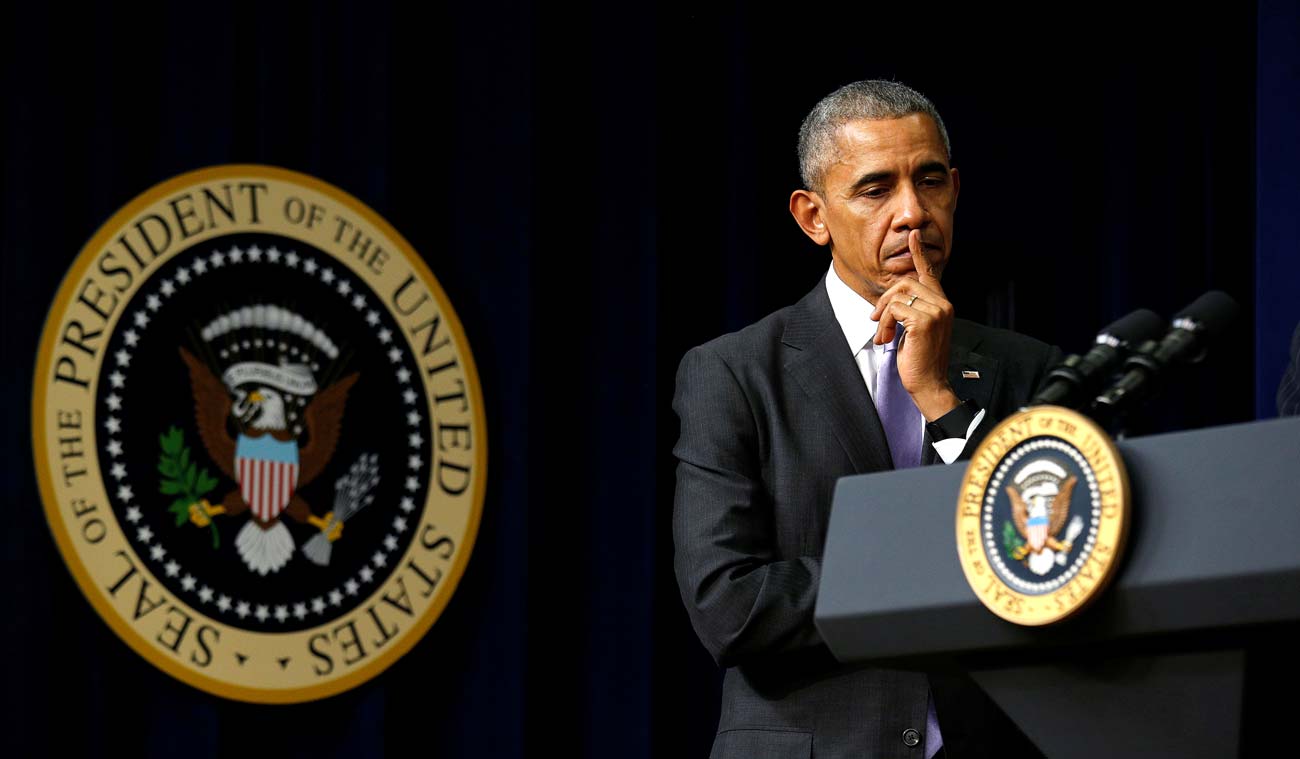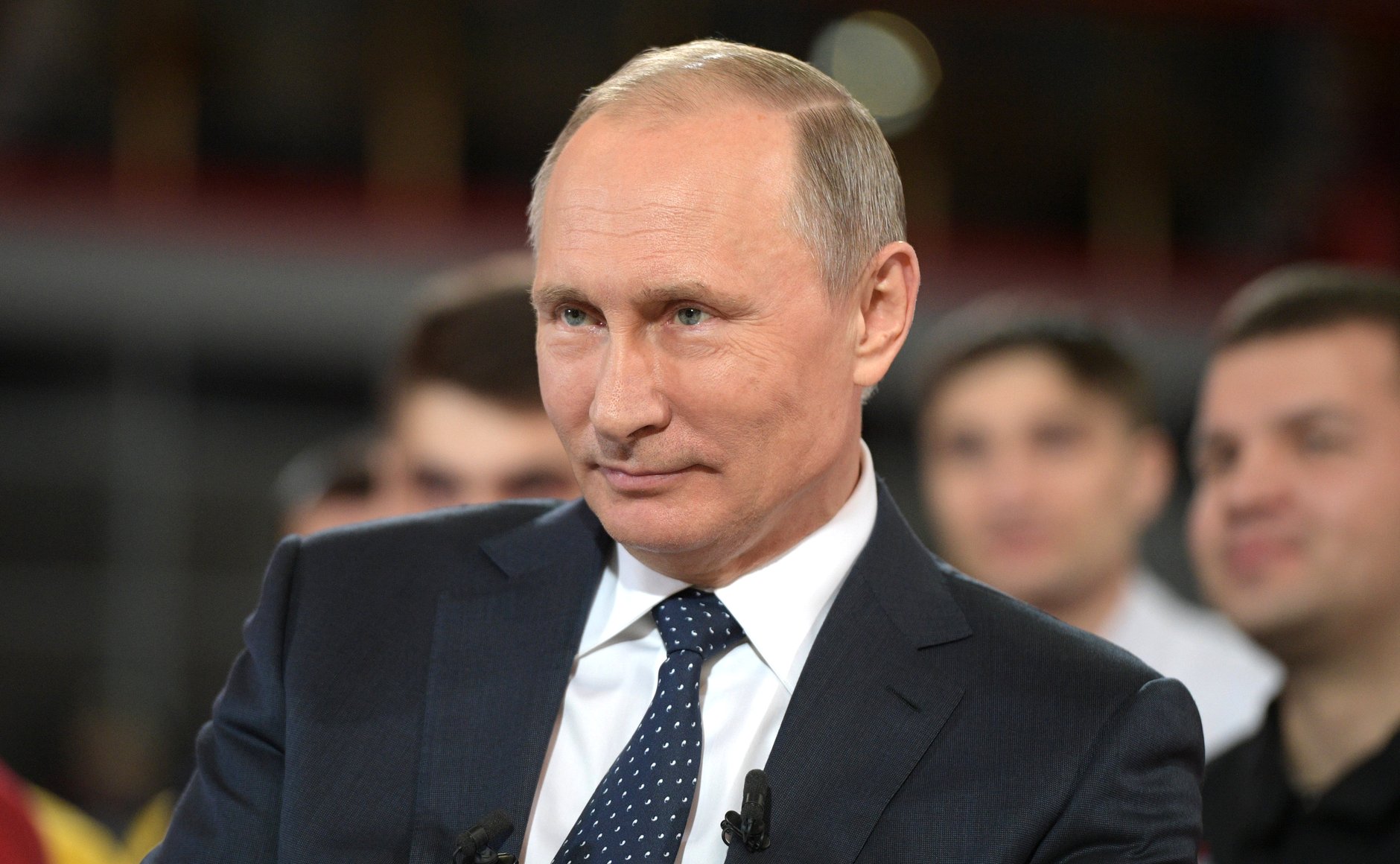U.S. introduces new sanctions against Russia over alleged election hacking

U.S. President Barack Obama.
ReutersThe White House has responded to Moscow's alleged interference in the U.S. elections by announcing a new series of measures against Russia. The new blacklist, published on Dec. 29, contains five institutions, including the Federal Security Service (FSB) and the Main Intelligence Directorate, as well as six people: high-ranking special services officials and two Russian hackers.
First sanctions against hackers
The first accusations against Russia appeared in the spring after the Democratic Party's server was broken into. The White House accused Russian hackers, who were allegedly working for the Russian government. Moscow has called these accusations conjecture on many occasions.
"Obama's decision has created a precedent for US using a new sanction mechanism,” Oleg Demidov, consultant at the PIR Center, an independent Moscow-based political research organization, told Russian business daily Kommersant.
“The decree is called 'On the arrest of property belonging to individuals who have taken part in serious illegal activities in cyberspace’ and dates back to April 1, 2015. The decree gives the U.S. government the right to impose sanctions on companies and individuals who are part of cyberattacks."
"There is the possibility that the new U.S. president will suspend or cancel the decree. However, in the long term the consequences of the decision will be irreversible – the mechanism of 'sanctions for cyber attacks' has changed from a latent to an active instrument of America's foreign policy," explained Demidov.
Expulsion of diplomats
But the U.S. did not limit itself to the mere expansion of the list. It also declared 35 Russian diplomatspersonae non grata, those whose activity, as the U.S. State Department noted, "does not correspond to their diplomatic or consular status."
American diplomats say that this is a response to "Russia's interference in the U.S. elections, as well as the persecution of American diplomats abroad, cases of which have become more frequent in the last four years and significantly increased in the last 12 months."
"Today's actions send a clear message that such behavior is unacceptable and will have consequences," says the document distributed by the U.S. State Department.
Obama also stated that the announced initiatives "are not Washington's entire response to Russia's aggressive actions: "We will continue employing measures in those places and at that time when we think they are needed," he explained.
Obama vs. Netanyahu, Putin and Trump
"At the end of his tenure Obama has finally been able to express his true opinion about a series of interlocutors on the world stage," said Fyodor Lukyanov, head of the Council on Russian Foreign and Defense Policy.
"First there was the unprecedented decision not to block the UN Security Council's anti-Israeli resolution. This is the fruit of Obama's dislike of Benjamin Netanyahu. Now the diplomatic war with Russia in the style of the 1970s."
According to Lukyanov, one of the aims of such a drastic step is to complicate the following administration's reconciliation with Moscow: "Trump will now have to begin from an even lower point in relations, since Russia will expel just as many diplomats and mirror sanctions will also be introduced against someone," he said.
Moscow reacts
After the introduction of the sanctions, Russian Foreign Ministry Spokeswoman Maria Zakharova posted a very emotional message on her Facebook page: "The people who have lived in the White House for eight years are not an administration. This is a group of embittered and obtuse foreign policy losers. Today Obama has admitted it officially,” she wrote.
"These deconstructive, destructive actions for bilateral relations are being implemented by an administration that is leaving in three weeks. This looks like an absolutely unpredictable manifestation of aggression," said Russian presidential press secretary Dmitry Peskov, promising that the introduction of new sanctions would not remain unanswered.
First published in Russian by Kommersant
Opinion: 2017: Trump, Brexit and nervous anticipation>>>
All rights reserved by Rossiyskaya Gazeta.
Subscribe
to our newsletter!
Get the week's best stories straight to your inbox
